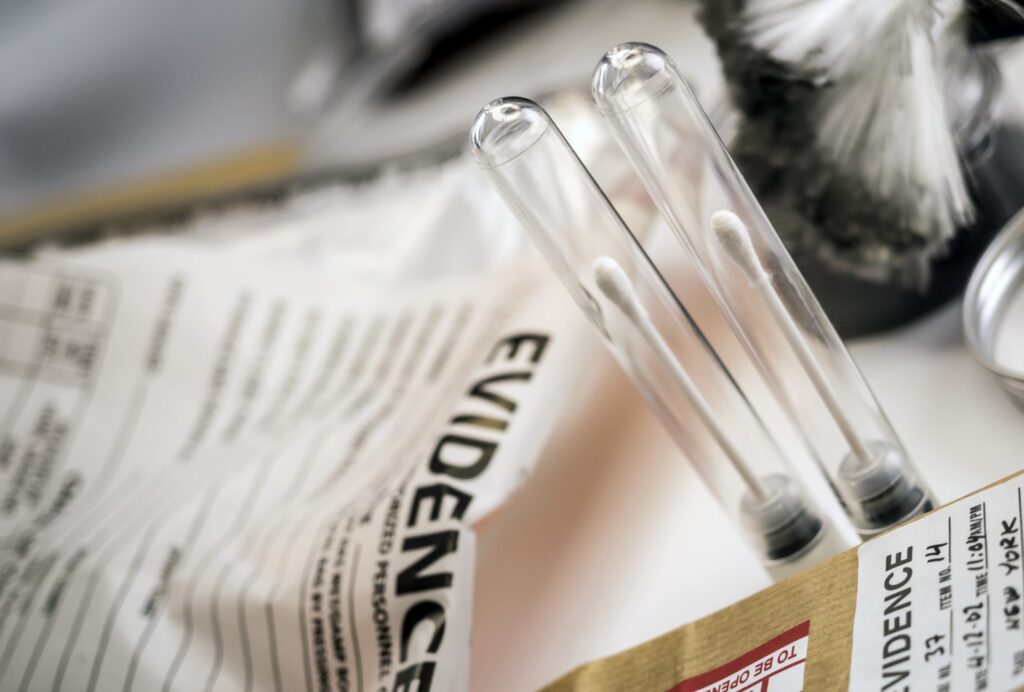Bangor Daily News recently published a story about Dennis Dechaine, a Bowdoinham man who has been serving a life sentence in the Maine State Prison for the murder of a 12 year old girl in 1988. He, along with several supporters in the outside, insist that he is innocent and have been working for years to get him a new trial.
In 2006, a law was passed that may give Dechaine the chance he has been waiting for.
[T]he Legislature enacted a law regarding new DNA evidence that requires defendants to prove that the evidence could only have come from the perpetrator of the crime.
If he is able to use DNA evidence that was not available during his original case, he may be able to show there is enough information to warrant a new trial. But his efforts do not end there; Dechaine and his legal team even have an alternate suspect who they believe may have been the one responsible for the murder.
The suspect now lives in Florida and was never mentioned in the original case, but Dechaine’s team insist that this other man was the number 2 suspect from the beginning. Dechaine even went as far as hiring a private investigator to obtain a sample of the man’s DNA by removing a coffee cup from his personal trash.
Dechaine gave his testimony in Cumberland County Superior Court on Thursday that lasted two hours. If the Court feels that there is enough new evidence, he could be granted the new trial that he has been hoping for.
The results of his efforts are not very encouraging so far. The amount of DNA from the victim’s fingernails, clothes and scarf is small and results are inconclusive. The Daily News States:
DNA expert Rick Staub said the evidence could neither prove nordisprove the guilt of Dechaine or an alternative suspect who was identified by Dechaine’s legal team.
The DNA from the coffee cup and Dechaine were given to a lab in Texas who compared it with the DNA evidence from the victim, including that of the scarf that she was strangled with. The analysis determined that there was DNA from two males found on the victim and both the Florida man and Dechaine could be matches to it.
As of now, there is no way to know for sure if either man’s DNA is a perfect match but Dechaine is hoping this evidence will be enough to convince a new jury that there is reasonable doubt to his guilt.
Whether Dechaine is really guilty or not remains to be seen. The new DNA evidence he has introduced does not seem to be very convincing but it may establish a reasonable doubt. If he does not get his trial now, he may in the future as technology advances. Regardless of your stance on this case, it is a good thing that the legal system allows this type of new evidence to be submitted. Several falsely convicted murderers in the U.S. have been set free thanks to DNA evidence.
